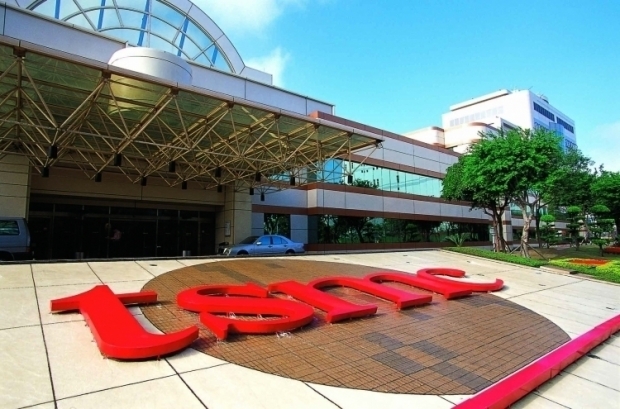The outfit said in a press release that it was entering a period of higher growth as the multiyear megatrends of 5G and high-performance computing are expected to fuel strong demand for our semiconductor technologies in the next several years.
"The COVID-19 pandemic has accelerated digitalisation in every aspect", it said.
Global chipmaking giants are racing to expand chip fabrication capacity to meet strong demand as a worldwide chip shortage has hampered industries ranging from autos to video games. Last week, Intel unveiled a plan to invest $20 billion in two new US chipmaking facilities.
Chipzilla’s move was aimed at reasserting its position as the undisputed leader of the semiconductor industry. Delays in producing next-generation chips have allowed competitors TSMC and Samsung (SSNLF) to run ahead.
In January, TSMC said it would spend $25 billion to $28 billion this year, compared with $17 billion in 2020. It added that about 80 percent of that would be used for advanced processing technologies.




